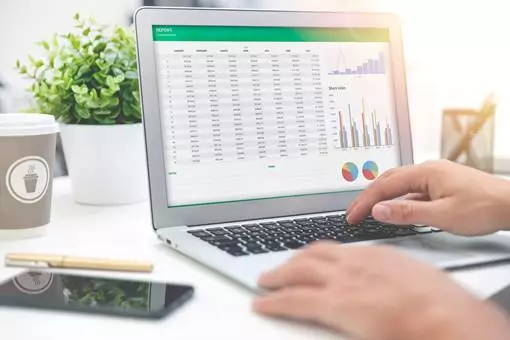What Goes Around, Comes Around – Part 2 of 2
- 28th March 2014
- Written by Dr. Steve Priddy
- Opinion & Features

In the second and final instalment of this two-part feature, the numbers don’t add up, says Dr Steve Priddy, who is concerned by some recent share prices.
Continuing from where I left off in the first part of this piece, the Weekend FT (18/19 January 2014), in a story suitably titled “Is this nuts?” focused on three companies – Twitter, Asos and Ocado. Twitter, the journalist noted, trading at $73.30 at the end of 2013, implied a market value of $40 billion which is 40 times 2014 revenues or an eye watering 1,000 times potential profits.
The fact that forecasters predict a 12 month price range of $20 to $70 suggests that perhaps no one knows how to value the company. And the recent 15% downward lurch in share price on the back of figures suggesting they are not growing as fast as Facebook (isn’t this comparing apples with pears?) only reinforces the fragility of market confidence in the stock.
As for Asos, the online fashion retailer, despite applying 10 different valuation models one key analyst could not justify a share price that had grown 150% over 12 months. She chose to raise her target within sight of market price and recommend ‘sell’. The result? A slight fall for 48 hours then an inexorable rise from 4862p to 7100p.
And Ocado, the mumsnet favourite UK online grocery business, became transformed via its tie up with Morrison’s supermarket from an old school grocer to best-in-class technology platform; now its shares trade at a premium to the sector of 500 to 1,000%.
All of this should have prepared me for the next moment of market insanity: the forthcoming IPO of the household appliances online supplier, AO. Now the great thing about AO is that does appear to be dealing in something tangible and mundane – washing machines, refrigerators, microwaves and other stuff of everyday life. It started out in a no nonsense town – Bolton – in 2000. But yet again the numbers betray the reality.
Analysts put the value of the IPO at between £800 million and £1.4 billion, rather a wide range, wouldn’t you say? Even more worrying, this compares to a valuation of £300 million when the business was valued, late last year. You may wonder what tumultuous event, other than atrocious weather, occurred over that period. And the metric which every irresponsible entrepreneur uses – earnings before interest, tax, depreciation and amortisation, EBITDA – throws up some truly terrifying valuations.
Next, for example, that well managed retailer on every UK high street, currently trades at a multiple of 10 times EBITDA. Depending on your assumptions, AO could be trading as much as 65 times!
But the market commentators reassure us that AO have something special. They have 1.4 million friends on Facebook, and they have control of the so called ‘final mile’. I am not sure that this justifies their other beautiful numbers.
For me the coup de grace with this business model is the rationale for the IPO, which is that they wish to replicate their stunning UK success in…Germany. I will say no more. Good luck to them.
It is both dull and boring and I hate to say it, but as far as technology is concerned, it is almost as if nothing has changed since the turn of the century. We are standing on the edge of a technology abyss.
I do hope I am wrong.
A version of this article has been published by NQ Magazine.
Other Opinions and Features
The Rise of Mobile Accounting
Accounting has always been a field that’s associated with piles of paperwork, spreadsheet and staggering numbers. Using computers to carry…
What will the role of the CFO look like in the future?
The CFO role is often thought of as being largely preoccupied with numbers and data, but in the last few…
7 Myths About Accountancy
Wondering what accountancy is really like as a career? Many people think that being an accountant is just number crunching…



